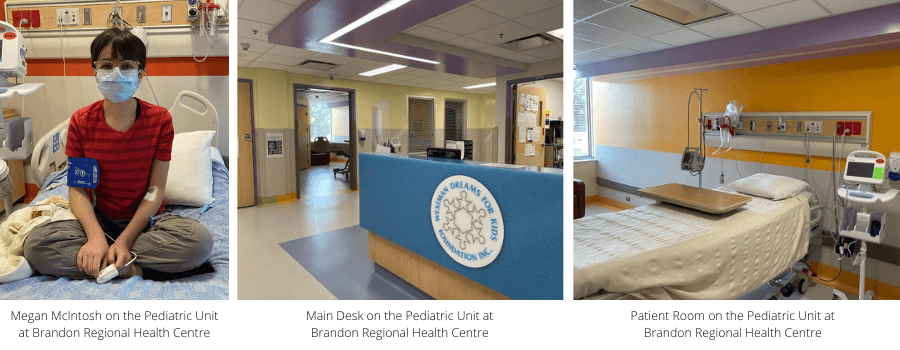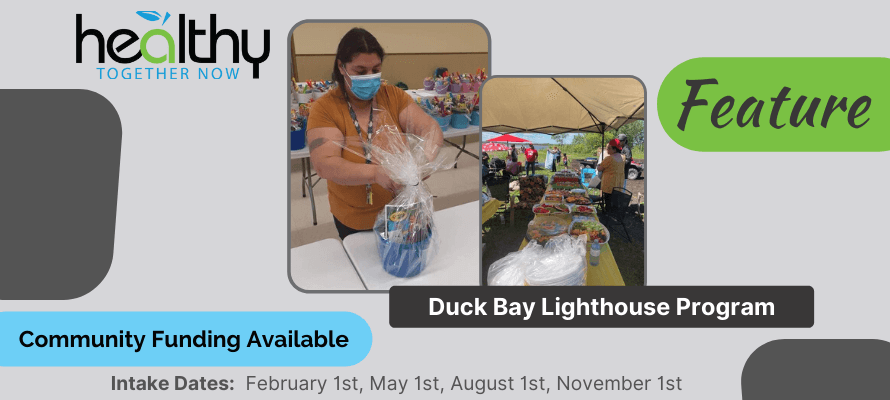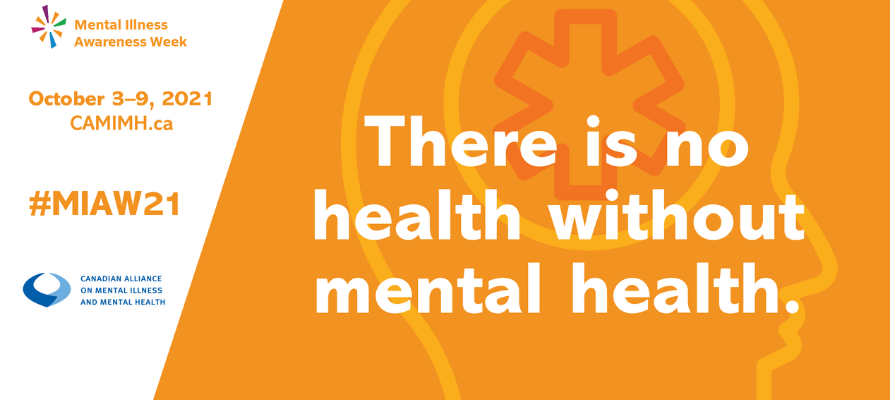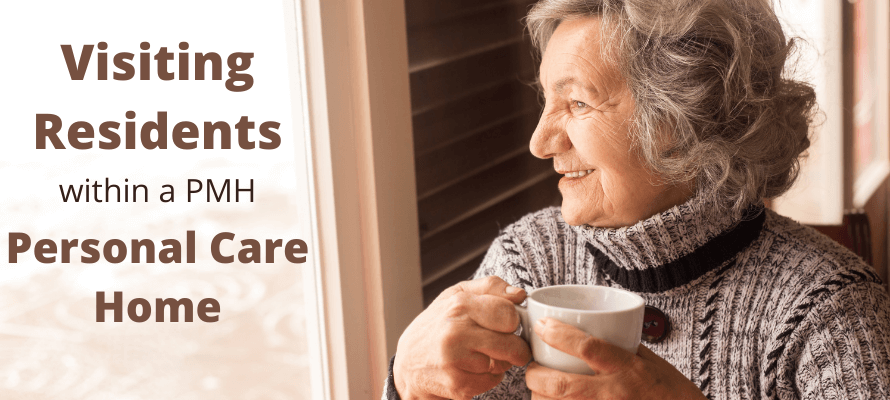BRHC highlights five years of the new Westman Dreams for Kids Pediatric Unit
As milestones go, it hasn’t been that long since the new pediatric unit at Brandon Regional Health Centre (BRHC) moved into newly renovated space on the hospital’s second floor. It was five years ago in the latter part of June that official opening ceremonies took place to highlight the initial phase of the BRHC Redevelopment project, aptly named the Westman Dreams for Kids Pediatric Unit. The benefits of a more modern and safe space to provide care to children and support for families have been evident since the beginning. But according to Tammy Turner, BRHC Maternal-Child Care Team Manager, a lot of growth has occurred to further strengthen timely access to care.
“Pediatrics used to be like any other adult medical floor before but right away, our staff noticed all the things that may go unnoticed from a public point of view. The single rooms are colorful, kid-friendly and much better for privacy, there are dedicated spacious washrooms and because some illnesses require isolation, being able to have dedicated equipment in a single room space greatly assists in reducing infections and transmissions of disease.”
Statistically this year, the Unit has been busy with an increase of 80 pediatric inpatients and 110 outpatients from the previous year. Turner says one area of significant importance has been the ability to expand dedicated care for pediatric outpatients.
Meagan McIntosh has attended as an outpatient for two and a half years for monthly IV infusions. The 16-year old and her dad Jeff were travelling from The Pas to Winnipeg Health Sciences Centre for monthly appointments. When it was arranged to come to BRHC they decided to relocate to Brandon because of the care they could receive on the peds unit for Meagan, which was huge for peace of mind.

Capacity for Neonatal Intensive care unit (NICU) has also been increasing. Turner says advancements in care and treatment plans allow for stable babies to be transferred to the pediatrics ward and this allows more beds open for our sicker babies in NICU.
In keeping with the bright and relatively new space, staff have enjoyed working with kids on fun colours and decals to make children feel as comfortable as possible. Turner says there’s more to come on that front in the coming months.
“We are working on an exciting and colourful project to further enhance the family-friendly atmosphere up on the pediatric unit. When details are finalized within the next couple of months, we will have another exciting announcement to put some more smiles on people’s faces,” Turner added.









